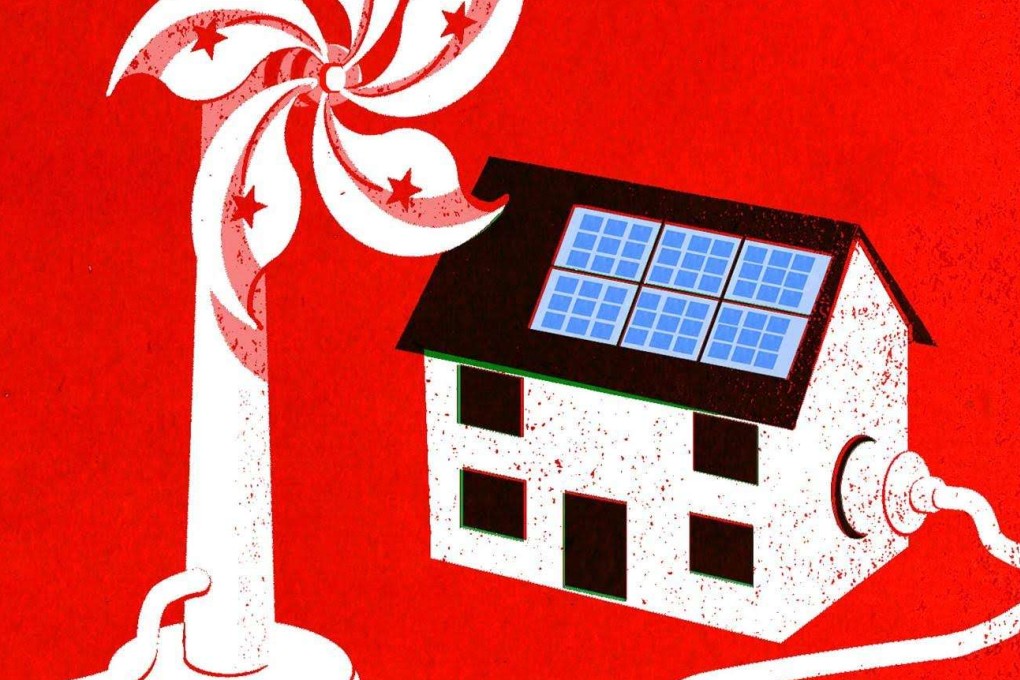Hong Kong must seize the opportunity to cut fossil fuel use in favour of renewable energy
Albert Lai and John Sayer say the city’s negotiations for new terms and conditions with its two power companies offer a great chance to develop the green energy sector


Electricity generation accounts for 54 per cent of the city’s fossil fuel consumption. As almost all local power generation uses coal and natural gas, we can conclude that power generation and consumption benefit from more than half of the HK$40 billion subsidy.
Hong Kong greenhouse gas emissions rise for a third year
As a comparison, we note that the subsidy is equivalent to nearly 80 per cent of our health care budget – a good share of which is spent on treating the effects of poor-quality air on our lungs and hearts.
Attributing the real cost of fossil fuel use is important for several reasons. The profits that the two power companies are allowed to make are based on a formula in their respective scheme of control agreements, which is related to their capital investment and costs. If power companies and other direct users do not pay the real cost of the impact of fossil fuel use, the public has to bear this cost either directly in their bills or indirectly through taxes, which the government uses to clean up the effects of fossil fuels.

Hong Kong must achieve carbon neutrality, says veteran environmental scientist
Fossil fuel subsidies stand in the way of changes needed to achieve the goals set at last year’s Paris climate summit of a net-zero carbon economy this century, according to both the UN and the World Bank.